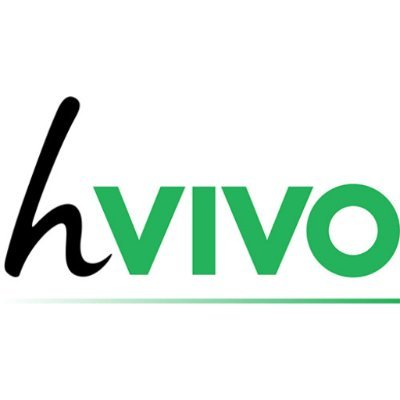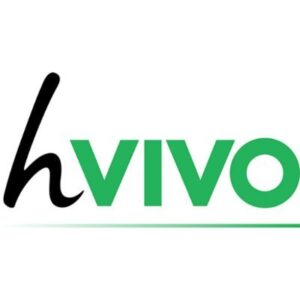This study evaluates the human viral challenge model using the A/Perth/16/2009 H3N2 influenza virus, involving 216 volunteers across five clinical studies. Administered intranasally under controlled conditions, the research aimed to improve the understanding of influenza infection and its progression. Participants stayed in a quarantined facility for 10 to 11 days, maintaining symptom diaries three times daily. To confirm infection, individuals needed to exhibit detectable viral shedding over two consecutive days.
The results offer insights into the diverse phenotypes of influenza infections. These findings are crucial for identifying predictors of infection outcomes and designing future research. By analysing data systematically across multiple studies, researchers can refine methods and enhance study designs. Moreover, this work underscores the importance of exploring the virus-host interaction to discover new therapies.
Key observations included variations in viral loads and symptom severities. Subjects were grouped into tertiles based on viral load, illustrating how the infection manifested differently across individuals. Daily symptom scores, mucus weights, and other clinical parameters, including aural temperature changes, provided a comprehensive view of disease progression. Despite consistent symptoms like upper and lower respiratory issues, some parameters, such as temperature fluctuations, were not uniformly observed among infected individuals.
This meta-analysis covered standardised study designs and sampling methods, allowing researchers to unify data at individual, study, and cohort levels. Such a consistent framework is instrumental for advancing antiviral therapies, vaccines, and diagnostic tools. The reproducibility of the model across studies highlights its value in clinical research, offering a platform for accelerating the development of influenza treatments.
This investigation reaffirms the human viral challenge model’s efficacy in studying influenza. By integrating diverse datasets and focusing on virus-host dynamics, it paves the way for innovations in treatment and prevention strategies, benefiting both research and public health.
hVIVO plc (formerly Open Orphan plc), led by Cathal Friel, is a rapidly growing specialist contract research organisation (CRO) and the world leader in testing infectious and respiratory disease vaccines and antivirals using human challenge clinical trials, providing end-to-end early clinical development services for its broad and long-standing client base of biopharma companies.


